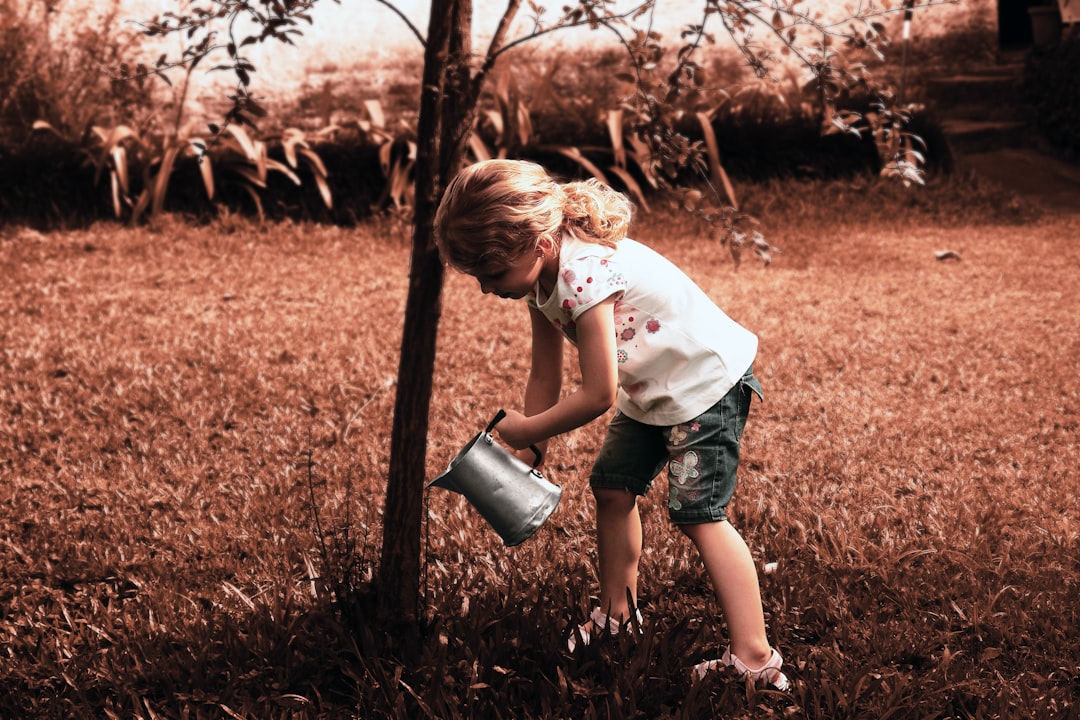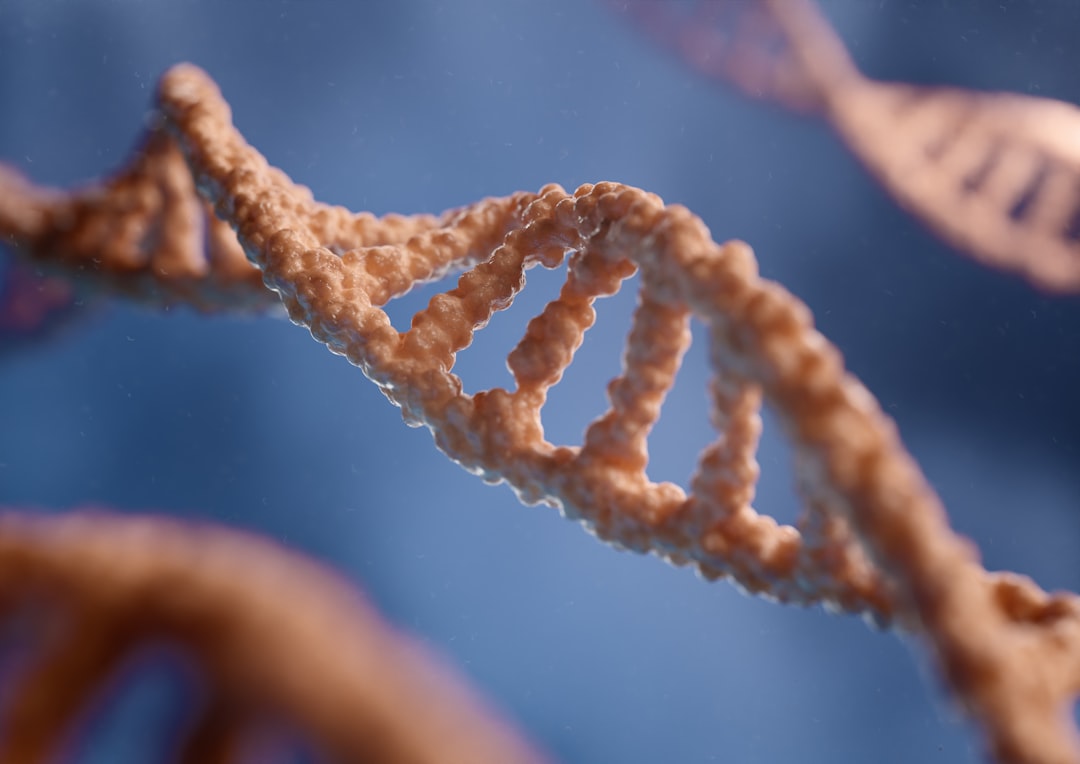What is it about?
The evolution of group living is tantamount to the emergence of social behaviors. The expression of these behaviors often depends on group composition, which can vary with respect to sex, starvation status, and relatedness. We investigated the influences of such variation on the early evolution of group living using the European earwig as a model system. In particular, we assessed (1) whether group-living adults cooperate with each other and (2) whether sex, food availability, and relatedness influence their interactions. We showed that adults mostly expressed self-directed behaviors. However, they also groomed (cleaned) each other, which might suggest cooperation in the removal of pathogens. Males displayed longer bouts of aggression and mutual grooming than females. By contrast, food deprivation had no effect on male behaviors, but decreased self-grooming and walking among food-deprived females. Finally, low relatedness did not influence adult behaviors - however, it exacerbated feces production, possibly due to social stress. Overall, our results indicate that the role of cooperation among adult European earwigs is limited.
Featured Image
Why is it important?
Throughout the history of life on earth, previously independent units (such as cells) have formed social collectives (such as multicellular organisms) to cope with the challenges imposed by their changing environment. Transitions from solitary to social life were the incipient steps in such major transitions in evolution, and hence often had far-reaching repercussions on the diversity, complexity, and hierarchical organization of life itself. The emergence of animal group living exemplifies such a transition from solitary to social life. Moreover, it constitutes the initial step towards the major transition to eusociality. Understanding the origin and consolidation of animal groups might thus help to shed light on processes that also shape (the early steps of) other evolutionary transitions.
Perspectives
The first paper I contributed to during my PhD.
Dr Jos Kramer
ETH Zurich, D-USYS
Read the Original
This page is a summary of: Influences of Relatedness, Food Deprivation, and Sex on Adult Behaviors in the Group-living InsectForficula auricularia, Ethology, May 2014, Wiley,
DOI: 10.1111/eth.12261.
You can read the full text:
Resources
Contributors
The following have contributed to this page










